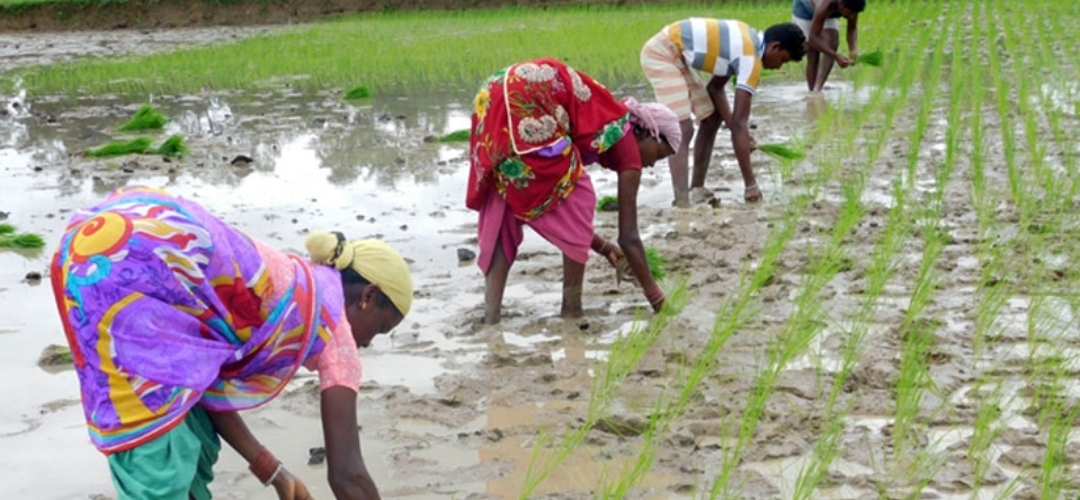Agriculture plays a pivotal role in supporting rural livelihoods, particularly in countries like Nigeria where a significant portion of the population resides in rural areas. Agriculture is not just a source of food; it’s a backbone of rural economies, providing employment, income, and livelihood opportunities for millions of people.
Importance of Agriculture in Rural Areas
- Employment and Income: Agriculture is a primary source of employment and income for many rural dwellers. In Nigeria, for instance, agriculture employs a large percentage of the rural workforce.
- Food Security: Agriculture ensures food security for both rural and urban populations. Rural communities often rely on subsistence farming to meet their food needs.
- Economic Contribution: Agriculture contributes significantly to the GDP of many countries, including Nigeria. It also generates revenue through exports of agricultural products.
- Livelihood Diversification: Agriculture allows for livelihood diversification through activities like crop farming, livestock rearing, and agro-processing.
Challenges Facing Agriculture in Rural Livelihoods
- Limited Access to Resources: Many rural farmers face challenges accessing credit, modern farming inputs, and technology.
- Climate Change Impacts: Climate variability affects agricultural productivity, impacting rural livelihoods.
- Market Access Issues: Rural farmers often struggle with accessing markets to sell their produce profitably.
- Low Productivity: Low productivity due to traditional farming methods and limited use of technology.
Opportunities for Enhancing Agriculture’s Role
- Adoption of Technology: Embracing modern agricultural technologies can boost productivity and efficiency.
- Improved Market Access: Better market linkages can enhance income for rural farmers.
- Sustainable Practices: Promoting sustainable agriculture practices can help mitigate climate change impacts.
- Capacity Building: Training and capacity building for farmers can improve agricultural outcomes.
Examples from Nigeria
In Nigeria, initiatives like the Growth Enhancement Support Scheme (GESS) aim to boost agricultural productivity by providing subsidized inputs to farmers. Additionally, organizations focus on promoting agro-processing and value chain development to enhance rural livelihoods.
Summary
Agriculture is crucial for supporting rural livelihoods, offering employment, income, and food security. Addressing challenges like resource access, climate impacts, and market linkages can enhance agriculture’s role in rural development.

